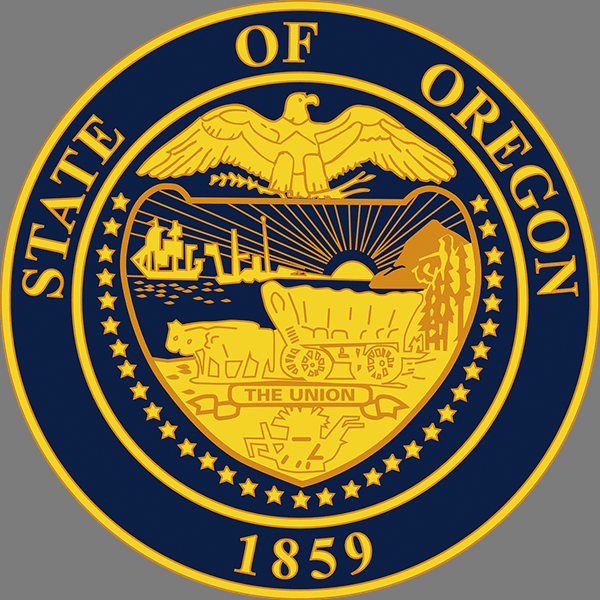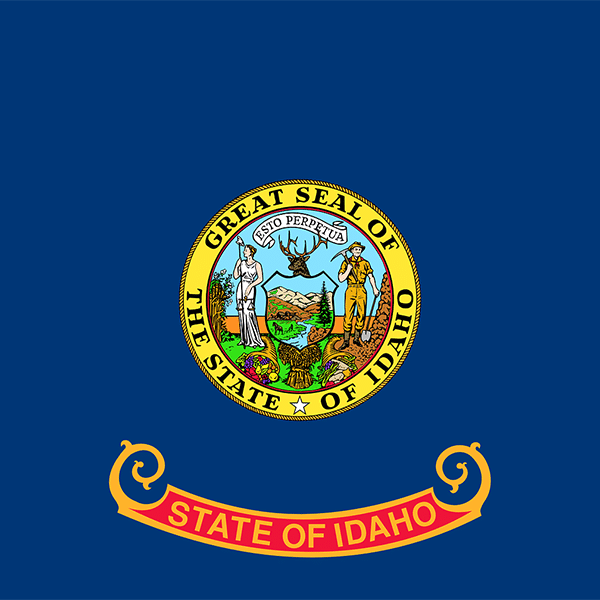The state of Alabama has awarded $82.5 million to a corporation formed by eight rural electric cooperatives to fund a middle mile broadband network that will connect almost 3,000 miles of existing and new fiber infrastructure. The project is expected to take three years to complete.
It’s a noteworthy project, given historically, rural telecom providers have partnered for statewide middle mile networks. It’s relatively new for electric cooperatives to do so, but there is increasing momentum for them, as more electric co-ops build and manage local broadband networks. Diamond State Networks in Arkansas is another recent example.
The electric cooperatives that formed the corporation, known as the Fiber Utility Network, are: Central Alabama, Coosa Valley, Covington, Cullman, Joe Wheeler, North Alabama, PowerSouth and Tombigbee.
The award was made by the Alabama Department of Economic and Community Affairs (ADECA) through the Alabama Digital Expansion Division. The division was created with the goal of making broadband available to unserved and underserved areas of the state.
Alabama Middle Mile Project
Funding for the middle mile build, to be known as the Alabama Middle Mile project, came through the American Rescue Plan Act (ARPA). The ARPA made $350 billion available to states, counties and cities that could be used for a variety of purposes, including broadband.
This is the second broadband funding announcement that Alabama has made recently. In August, the state announced awards totaling $26 million to several broadband providers to make last mile broadband service available to unserved areas of the state.
“Achieving full broadband coverage is a journey, not a short trip, and today is an important step toward completing that journey,” said Alabama Governor Kay Ivey in a press release. “The Alabama Middle-Mile project – the infrastructure setting part of this journey – is going to lead our state to be the model for the nation when it comes to providing broadband capabilities. In 2022, being able to be connected at home, work or on the on go is absolutely necessary, and this is certainly key to making that a reality.”
“The project is the springboard to supplying broadband services for rural residents, businesses, educational facilities and other community anchors,” said ADECA Director Kenneth Boswell. “I commend the Fiber Utility Network for their willingness to undertake this necessary step to ensure more Alabamians have access to these services.”



